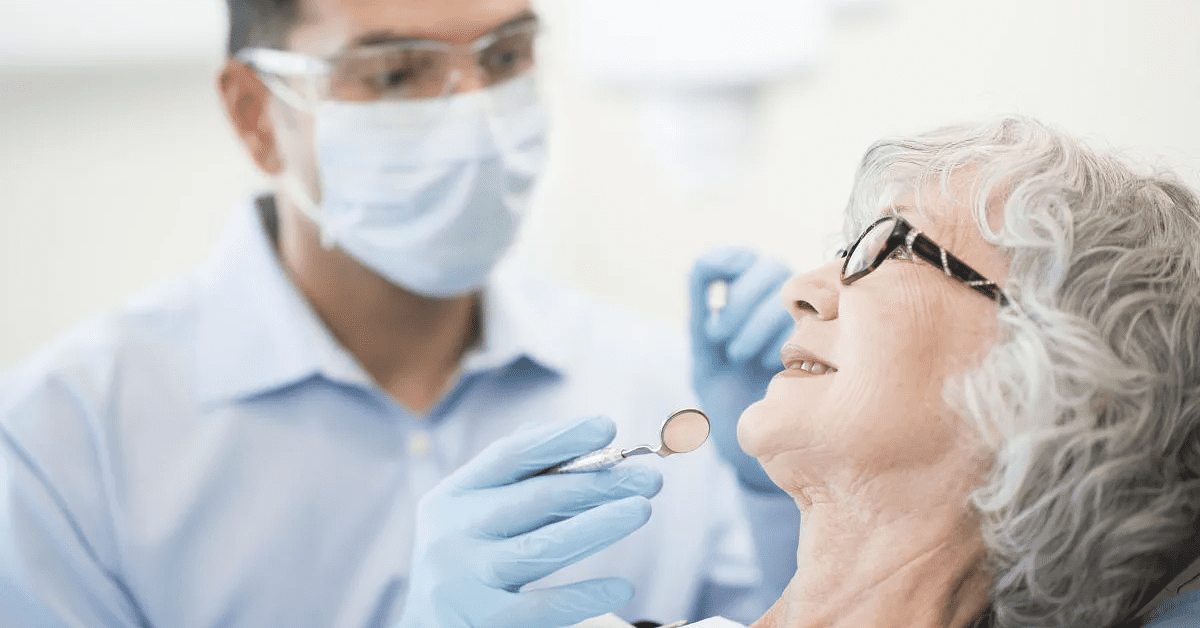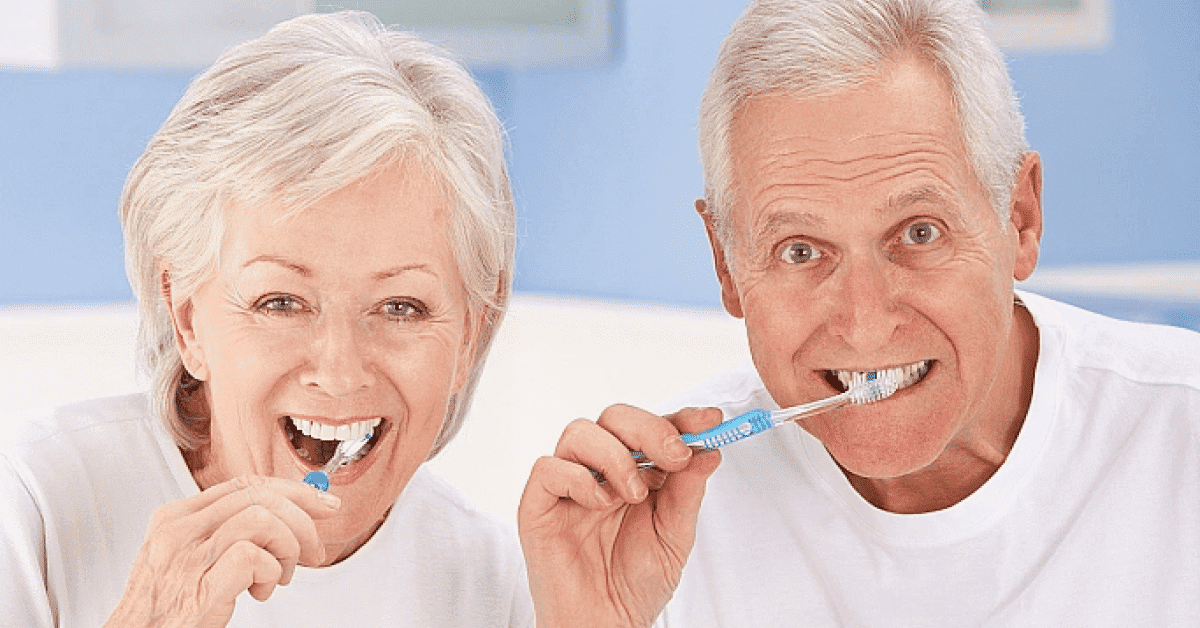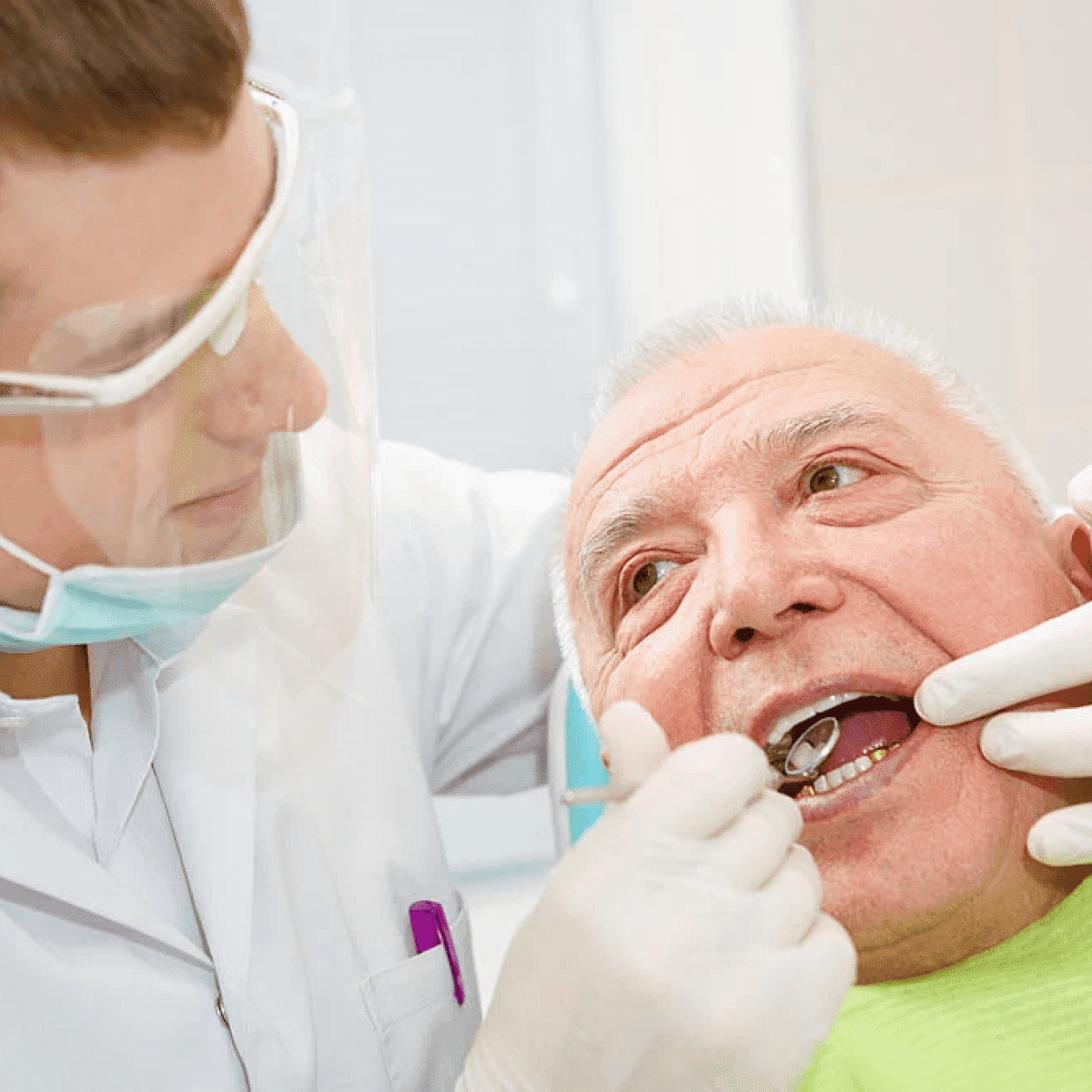Oral Health in Golden Years: Choosing the Right Toothbrush for the Elderly
As individuals age, maintaining good oral health becomes increasingly crucial for overall well-being. One often overlooked aspect is selecting an appropriate toothbrush tailored to the unique needs of the elderly.


As individuals age, the dynamics of oral health undergo transformations, demanding a more nuanced approach to dental care. The susceptibility to issues such as cavities, staining, and periodontal disease increases, necessitating a tailored selection of oral hygiene tools. Choosing an appropriate toothbrush becomes a critical aspect of maintaining optimal dental health in the later stages of life.
Brush Type
The first decision to make is whether to opt for a manual or electric toothbrush. Electric toothbrushes offer enhanced cleaning power through their vibrating and oscillating movements. However, the vigorous motions might be abrasive on receding or sensitive gums, which are common among older adults. On the other hand, manual toothbrushes provide greater control over the pressure applied during brushing. Individuals with grip issues may find it easier to handle and maneuver a manual toothbrush.
Bristle Firmness
Bristle firmness is another crucial consideration. Soft or extra-soft bristles are recommended for elderly users. As gums recede, teeth become more vulnerable to damage from stiff bristles. Soft brushes effectively remove plaque and debris without compromising enamel or causing irritation to the gums.
Bristle Shape
The shape of the bristles is equally important. Rounded-end bristles are gentler against exposed root surfaces resulting from receding gums. Unlike sharper-tipped bristles, the rounded ends ensure a more delicate cleaning process. Additionally, angled bristles facilitate improved access to hard-to-reach areas, particularly the back teeth.
Head Size
The size of the brush head plays a role in maneuverability within the mouth. Compact brush heads allow for easier navigation, ensuring that all areas of the mouth can be reached without difficulty. Conversely, larger toothbrush heads may feel unwieldy and impede access to certain areas, potentially compromising the effectiveness of the cleaning process.
Grip
Considering the ergonomic design of the toothbrush handle is essential, especially for individuals with arthritis or weakness in their hands. A large, textured handle that is easy to grip can significantly reduce hand strain, promoting a more comfortable brushing experience. Non-slip grips further enhance control during brushing.
Plaque Removal
Plaque removal should be the top priority when evaluating toothbrush options. While features like whitening or gum massage may be appealing, ensuring effective and gentle plaque removal is paramount for seniors. Thorough yet gentle cleaning is crucial for preventing disease-causing plaque buildup.
Accessories
When selecting a toothbrush for seniors, it is also worth exploring models with additional features such as flossing or orthodontic tips. These extras can contribute to maintaining a cleaner mouth between teeth that are challenging to reach. Travel cases are another practical accessory, ensuring the protection of the toothbrush when away from home.
In addition to choosing the right toothbrush, seniors should prioritize regular professional cleanings and dental checkups every six months. Dental hygienists can address built-up calculus and plaque in areas that may be challenging to reach with a toothbrush alone. Dentists can identify potential issues and recommend appropriate steps to safeguard oral health.
In conclusion, as teeth and gums undergo changes with age, it becomes imperative to select a toothbrush designed to cater to the specific oral health needs of seniors. Emphasizing plaque removal over aesthetic features, choosing softer bristles, compact heads, and textured handles, and incorporating professional dental care into the routine are all integral components of maintaining excellent oral health in later years. With informed selection and a combination of diligent at-home hygiene and professional care, seniors can preserve their dental well-being for years to come.


Ad
Dental Articles











